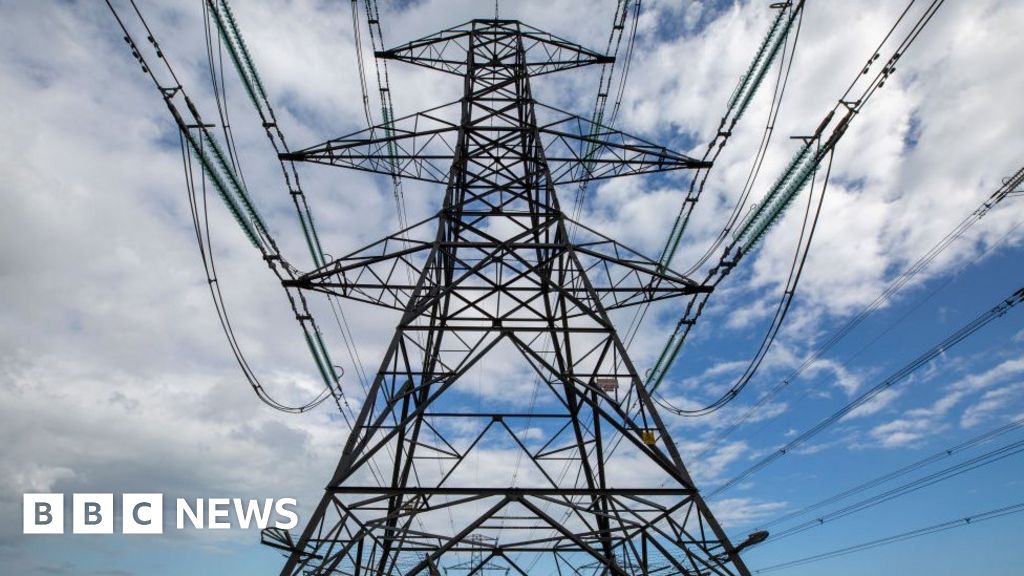Tech
Scottish firm wins £9m for energy storage project – BBC News

Image source, Getty Images
An innovative energy storage project developed in Edinburgh has been awarded £9.4m by the UK government.
Synchrostor plans to build a 1MW demonstration plant which will have the ability to charge, store and discharge energy for a period of 10 hours.
The test facility has been designed to outperform current battery technology.
The funding has been awarded under the Longer Duration Energy Storage competition.
Energy Security Minister Graham Stuart described the business, which will create a Pumped Thermal Energy Storage (PTES) system, as “pioneering”.
He added: “Storing energy for longer periods is vital to build a robust and secure energy system and ensure that renewable energy is used efficiently.
“I’m delighted that Scotland’s PTES Demonstrator project is receiving government backing to make it a reality – there is a lot of talent in our UK industries and it’s great to see them playing a role in the nation’s energy security.”
The government said maximising the potential of renewables would increase the resilience of the UK’s electricity grid, while maximising value for money.
Home-grown energy
The funding will enable Synchrostor to prepare their technology for the energy market with a view to encouraging private investment and creating new green jobs.
The firm said it was grateful for the funding which will “significantly accelerate [its] research and development capabilities”.
“Our aim is to make this technology even more affordable across industry and move into large-scale manufacture,” a spokesman said.
“Scaling up pumped thermal electricity storage will, we believe, be a game-changer not just for the renewables sector: we believe innovation here can open up a wide range of new value propositions beyond electricity storage.”
In November East Lothian-based company Sunamp received £9.25m to help trial its advanced thermal storage system in 100 UK homes.
And StorTera in Edinburgh was awarded £5m towards a prototype demonstrator of its single liquid flow battery technology.
The UK government said flexibility from technologies, such as electricity storage and electric vehicles, could save up to £10bn per year by 2050.
This would be achieved by reducing the amount of energy and network needed to create a secure, home-grown energy system.





